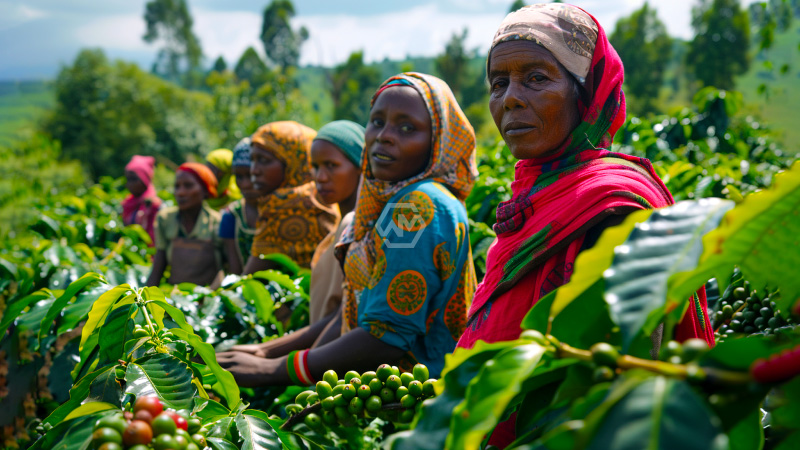- Inconsistent rainfall affects various crops differently, with negative impacts on many.
- Some crops, like tomatoes, have specific rainfall needs at different growth stages.
- Experts suggest investing in irrigation to mitigate the effects of variable rainfall.
Inconsistent rainfall poses significant challenges for farmers, with varying effects on different crops. While some crops may benefit from the current conditions, many, including maize, cassava, and beans, face reduced yields.
Rabiu Zuntu highlights that insufficient rain negatively impacts most crops, especially those requiring specific rainfall stages.
Farmers Face Challenges from Unpredictable Rainfall
Omotunde Banjoko stresses the need for a shift towards irrigated farming to counteract the effects of climate variability. He calls for government investment in irrigation infrastructure and river basin activation to ensure year-round crop production. Meanwhile, Uche Ikenga sees a positive side to the current rainfall pattern, noting that it prevents flooding and could lead to a good harvest if conditions remain stable.
Agriculture analysts, including Omotunde Banjoko, are advocating for a shift towards irrigated farming to mitigate the effects of unpredictable weather. Banjoko emphasizes that reliance on seasonal rainfall alone is becoming increasingly risky due to climate change. Investment in irrigation infrastructure is seen as a critical step to ensuring consistent crop production and reducing the impact of variable rainfall on yields.
Despite the overall negative impacts, some farmers like Uche Ikenga report that the current rainfall pattern has prevented flooding, which could benefit certain crops. The gradual return of rain in northern regions, without excessive deluge, is seen as a positive development that may lead to a favorable harvest in the coming months if conditions remain steady.
The broader solution to these challenges lies in adapting farming practices to cope with climate variability. This includes exploring technological advancements, such as improved irrigation systems and water management techniques, as well as supportive government policies to help farmers transition to more resilient agricultural practices. By addressing these factors, the agricultural sector can better manage the uncertainties posed by inconsistent rainfall.
The diverse impacts of inconsistent rainfall underscore the importance of adapting farming practices and investing in irrigation. By addressing these challenges proactively, farmers can better manage the risks associated with climate variability and work towards more stable and productive agricultural outcomes
“The government should start funding kits for irrigation so we can have our crops all-year round.” — Omotunde Banjoko



